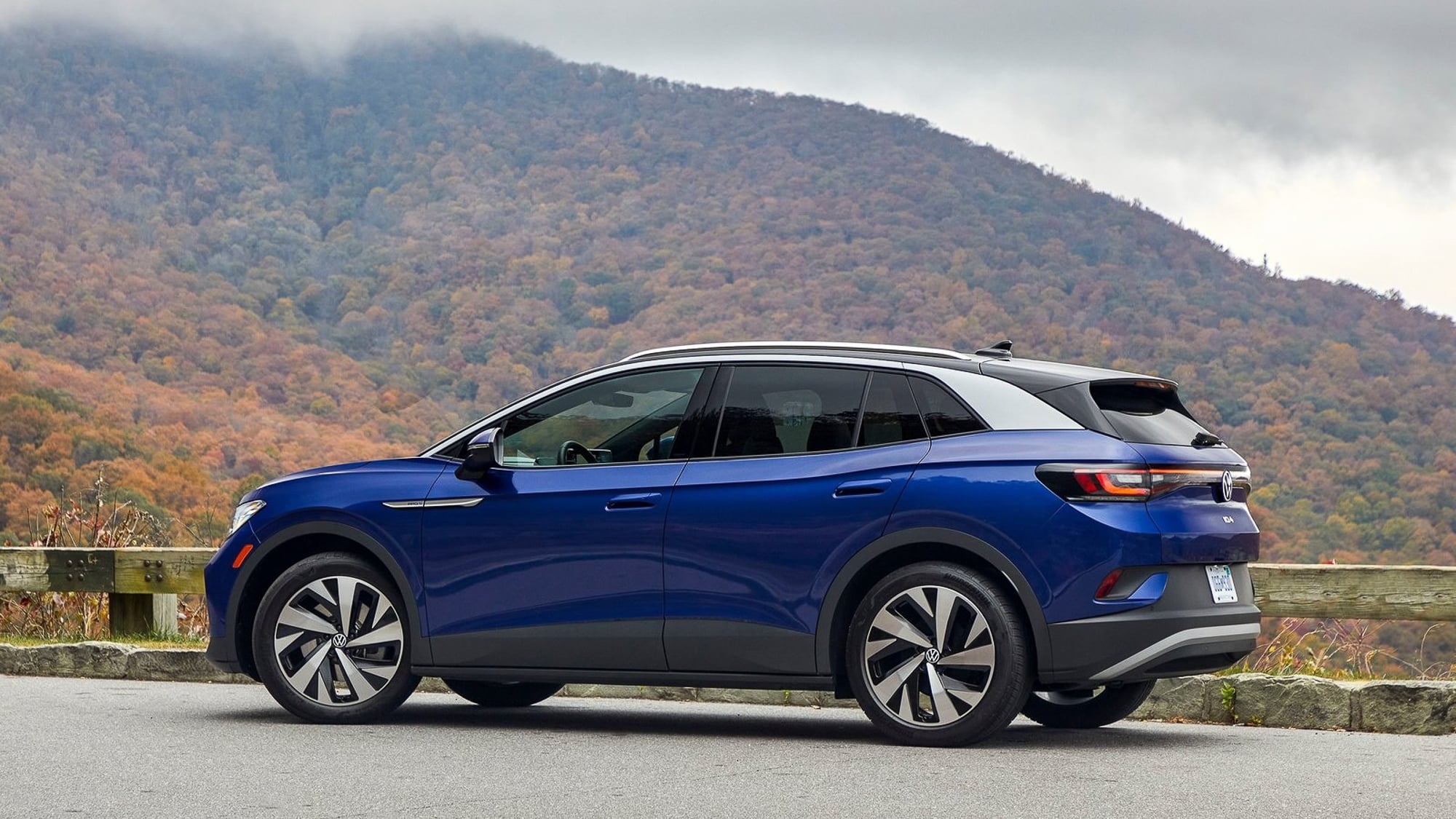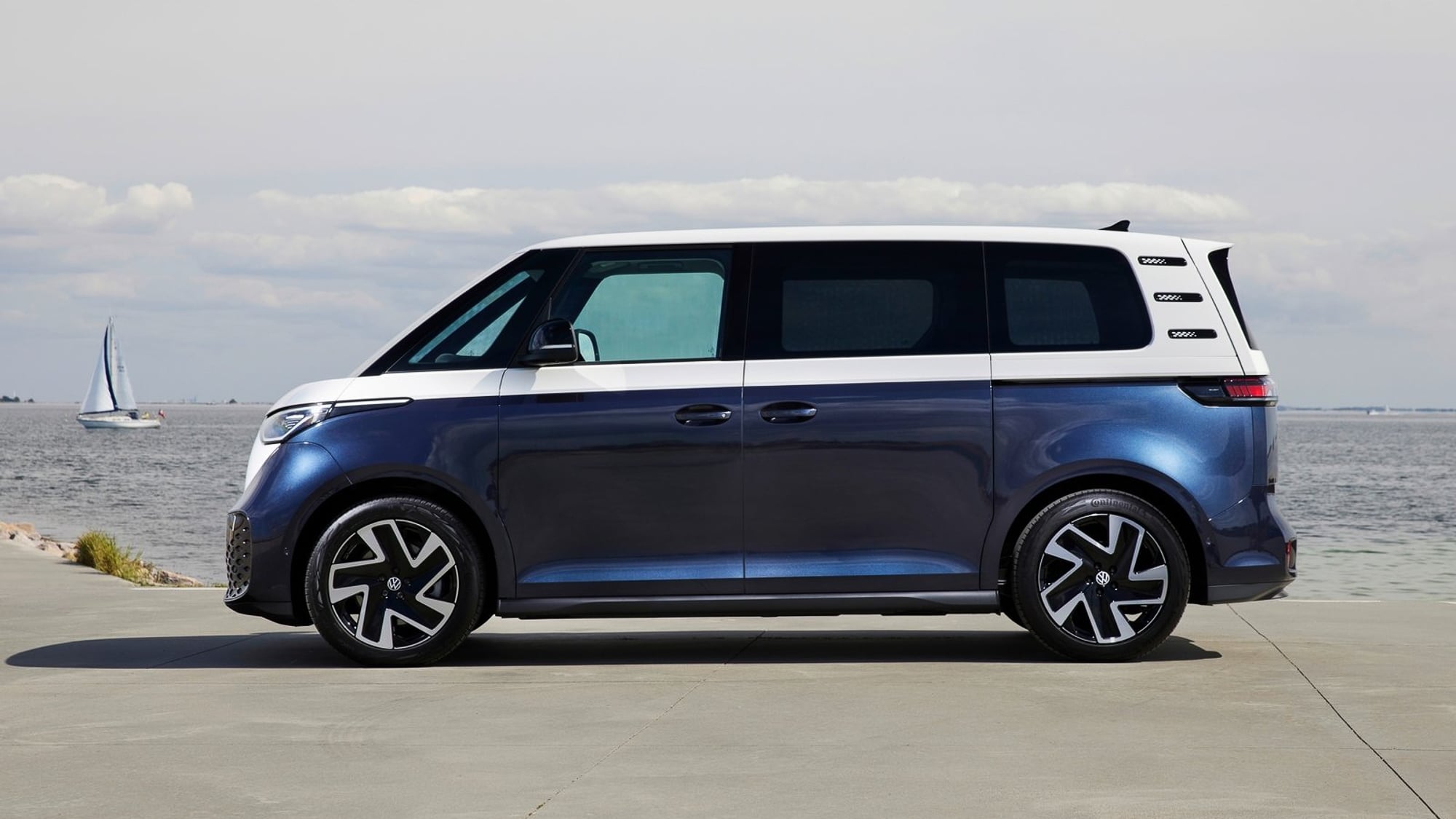Volkswagen chooses Ontario for its first overseas battery cell plant

After the announcement of GM and POSCO Chemicals for a plant in Bécancour, Quebec, then of Stellantis and LG Chem which chose Windsor, Ontario, it is now the turn of Volkswagen to place its pawns for the production of battery components in Canada. The German company announced that its subsidiary PowerCo chose the city of St. Thomas, Ontario to establish its first battery cell manufacturing facility outside of Europe.
In August 2022, Prime Minister Justin Trudeau agreed to collaborate with Volkswagen on the manufacture of batteries for electric vehicles. The agreement aimed to make critical materials available for the manufacture of batteries for the German company. This plant, located south of the Ontario city of London, is therefore the first realization of this agreement. According to Volkswagen, Canada is a logical choice because of its local supply of raw materials and clean electricity, two conditions generally sought by companies that manufacture batteries.

This plant, which will be operational in 2027, will be the third of the young PowerCo, adding to those of Valencia, in Spain, and Salzgitter, in Germany. It aims in particular to support the expansion that the Volkswagen group is preparing to take in North America with a growing portfolio of electric vehicles. Among other things, he reiterated his intention to launch 25 new electric vehicles by 2030, including those of the Scout brand, which will rise from its ashes as a brand of electric vehicles intended for off-roading. This brand will produce vehicles in South Carolina starting in 2026, and more than 200,000 vehicles are expected annually over time.
For the time being, no details have been announced as to the size of the factory, the number of employees, the production rate or the start of work. These details are to come in the near future, according to the information that has been transmitted to us.

Conclusion
Too bad that Quebec is not the host country of this new plant, which would have strengthened its strategic position in the world of electric vehicles. The concentration of the Canadian automotive industry in the province of Ontario surely has something to do with this decision, but we can console ourselves by saying that certain materials from Quebec soil will nevertheless be used in these batteries that will circulate on the roads. of North America within five years.











